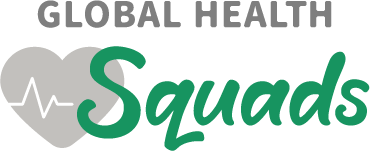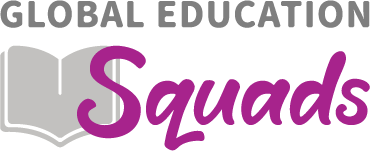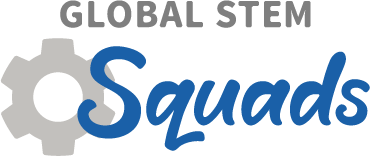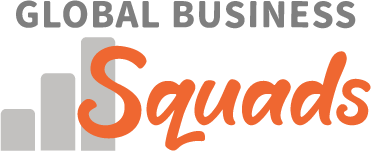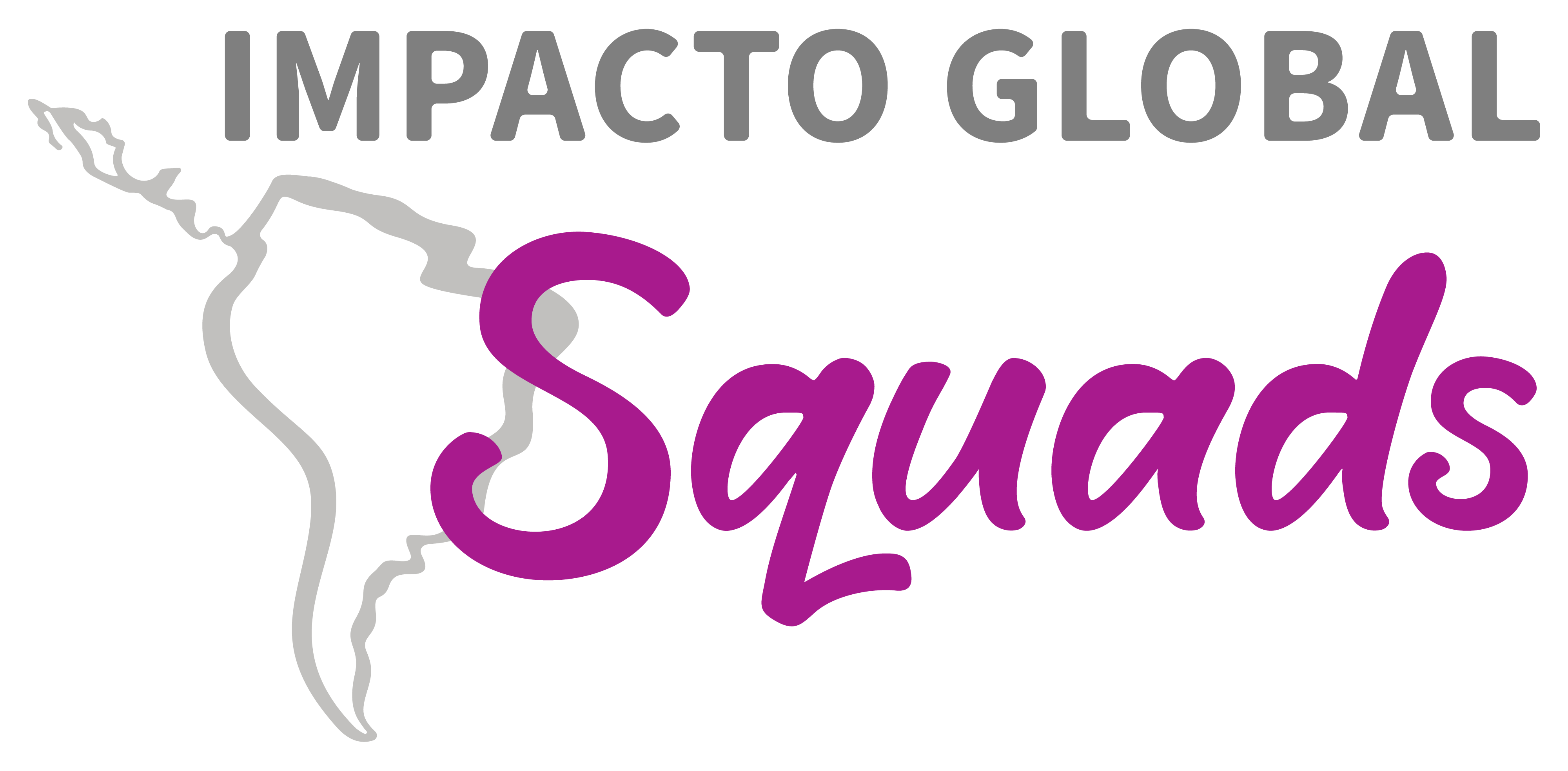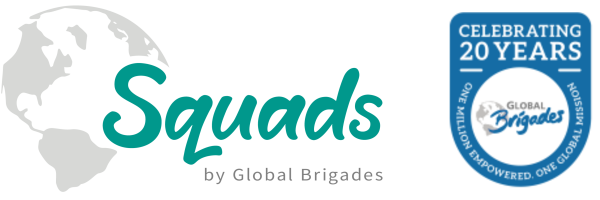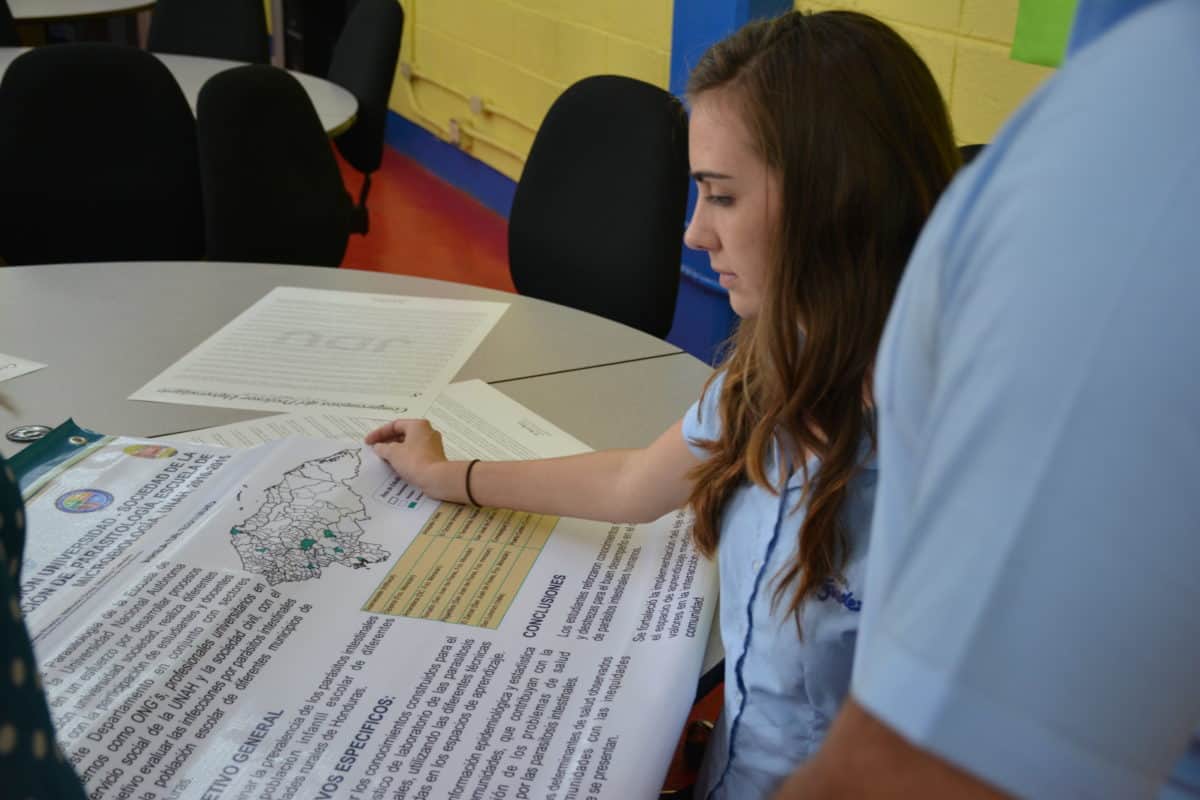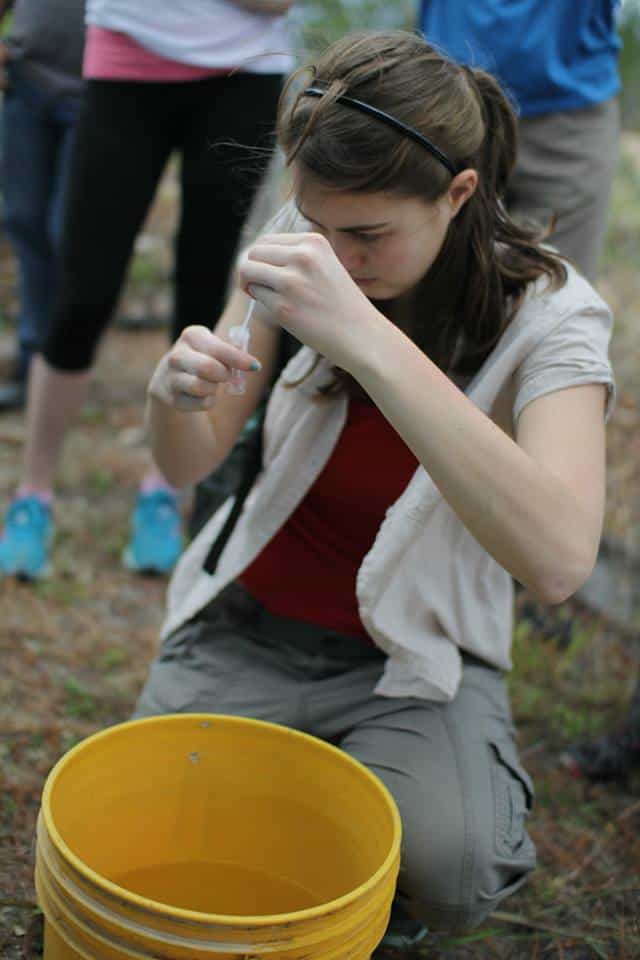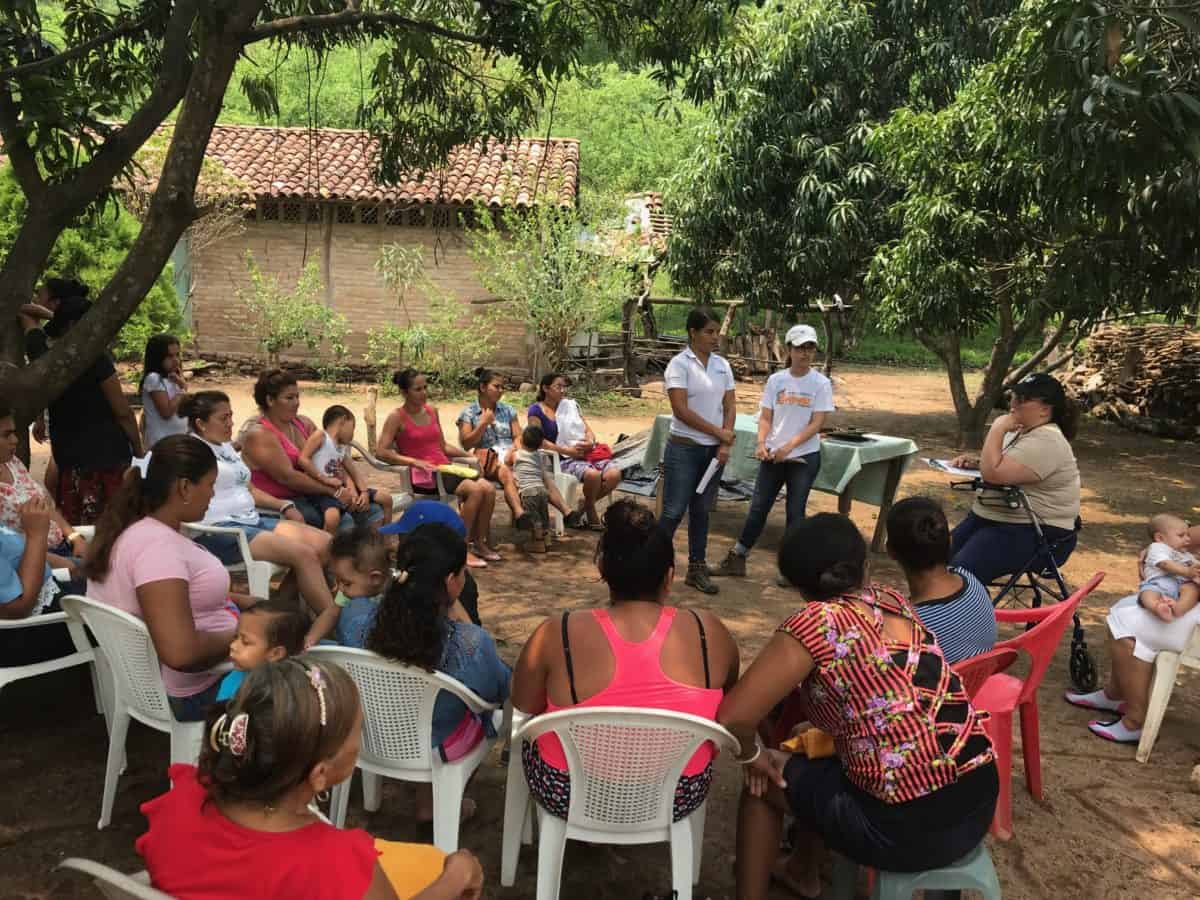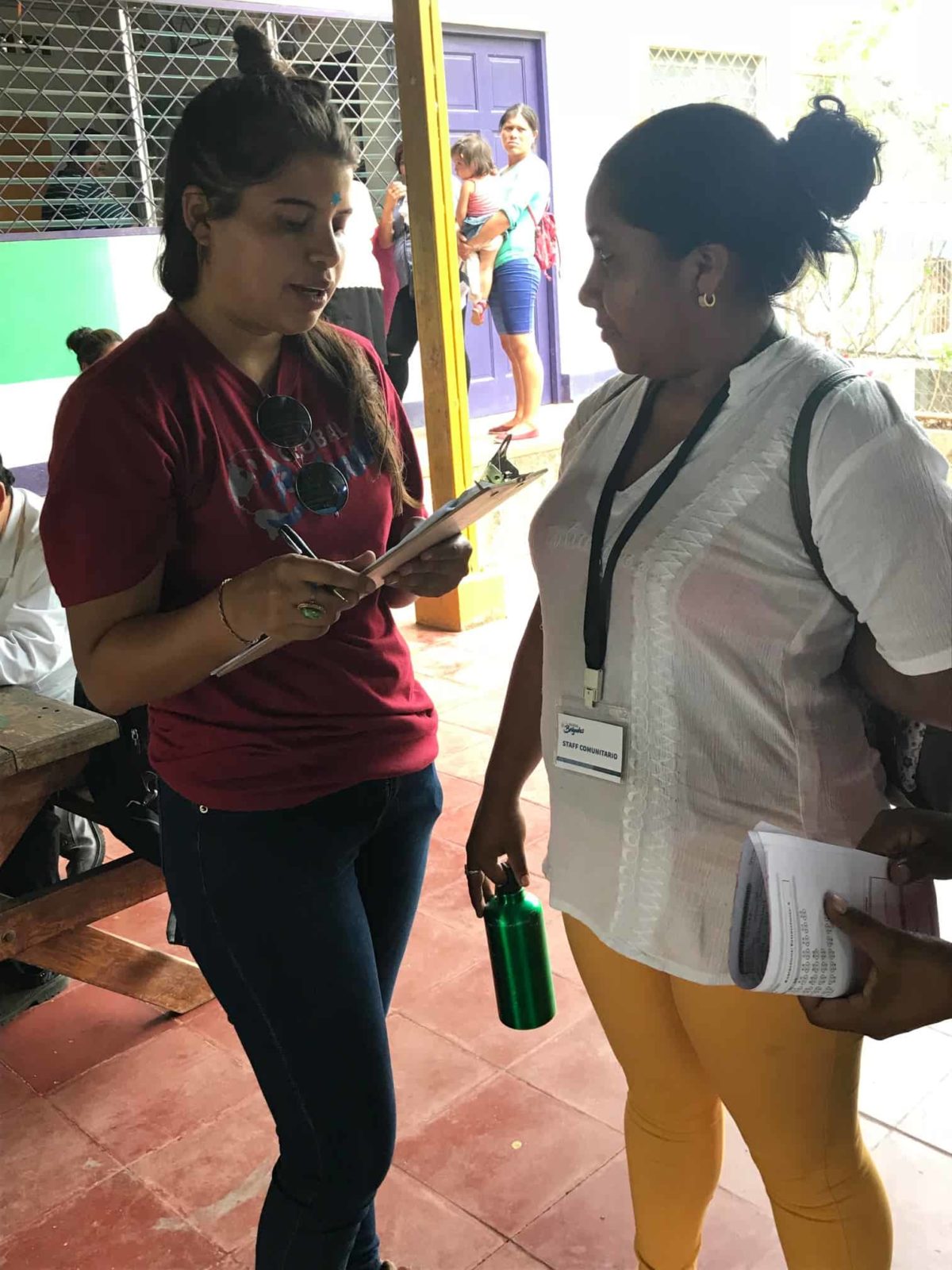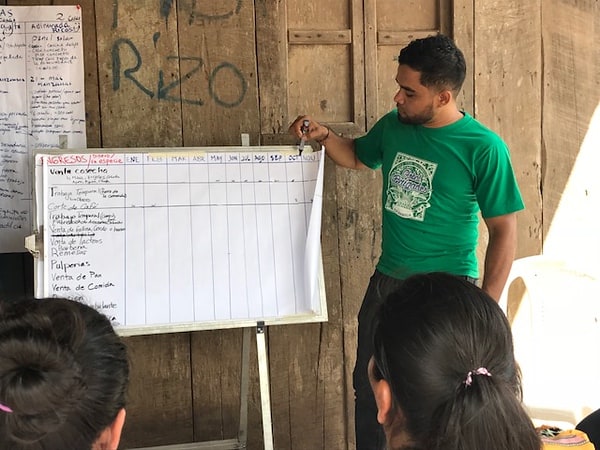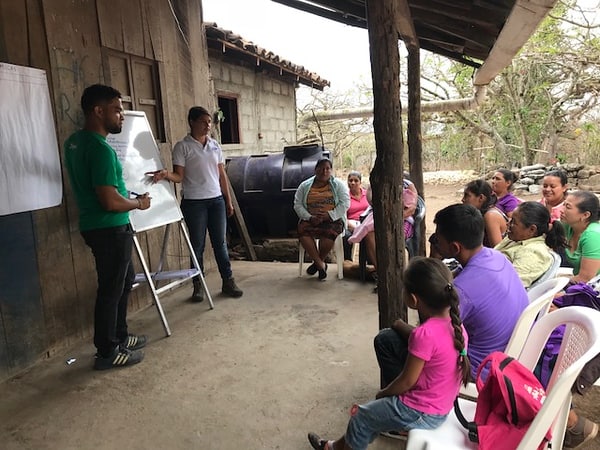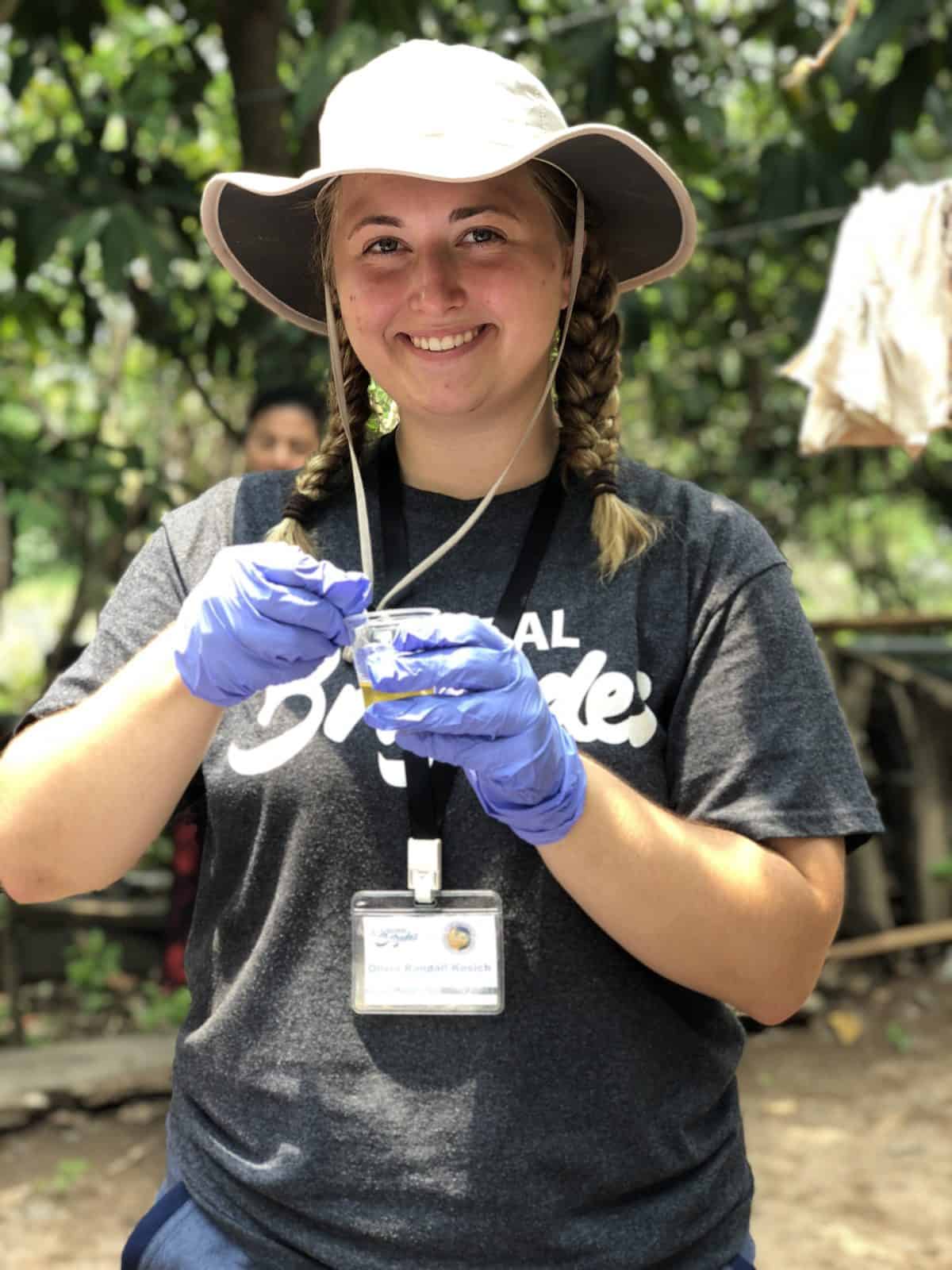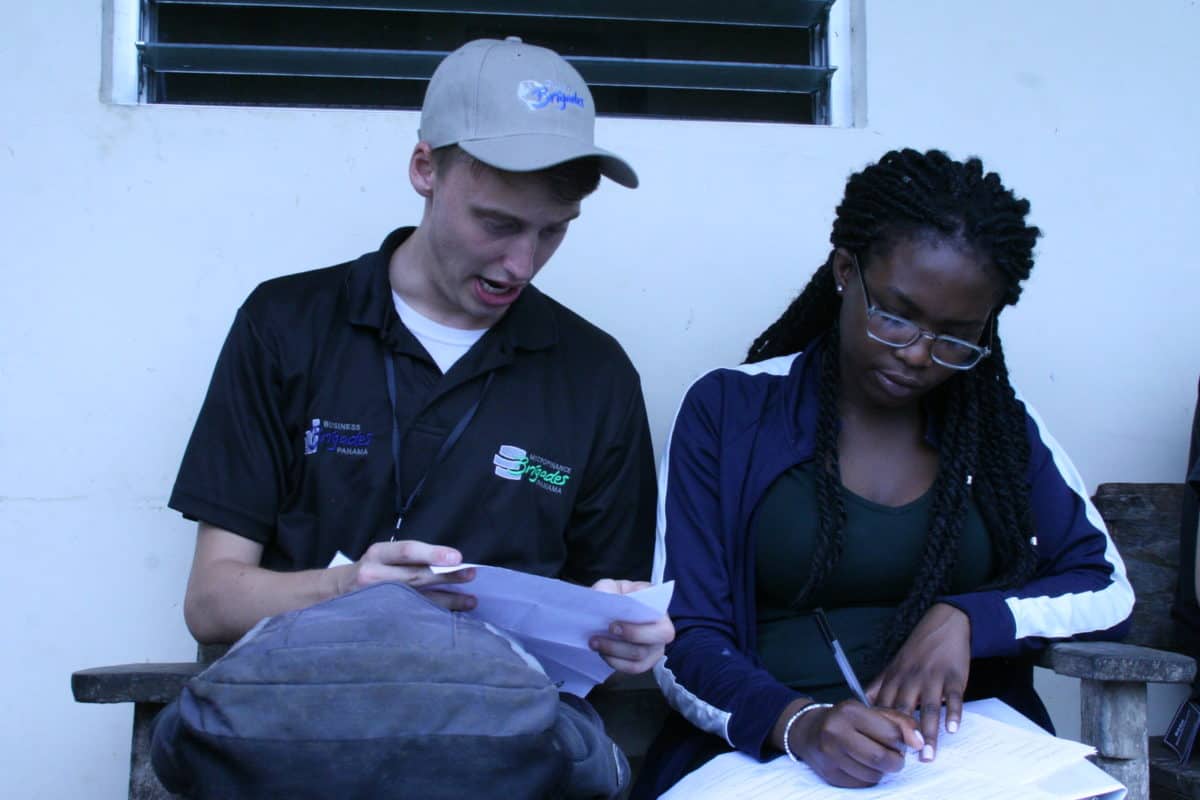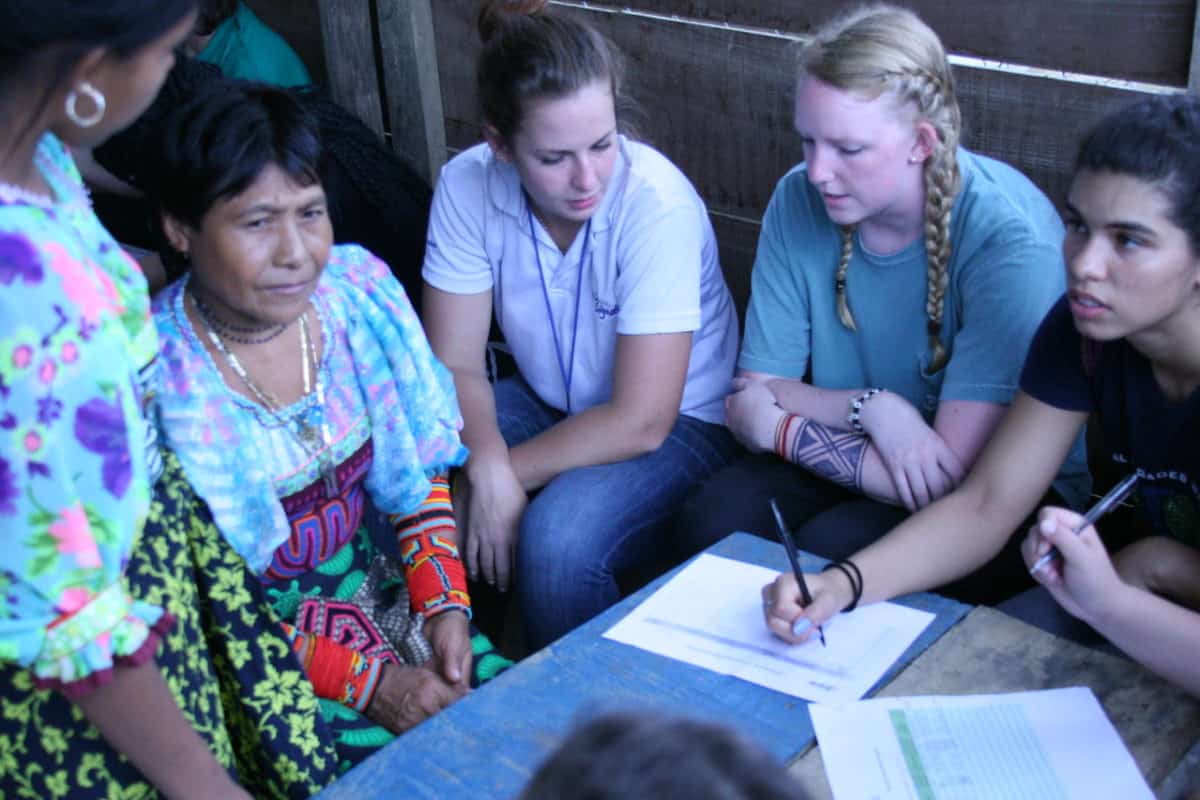Research and Evaluation
As a recognized international health and development organization funded by both institutional grants and donations from volunteers, our local monitoring an evaluation teams have thorough processes on how we enter a community and track impact over time.
Community Identification
Programs are done “with,” not “for” community members. Community buy-in and leadership is crucial to the sustainability and success of our programs. Communities typically approach us through word-of-mouth or we may also approach new community partners based on proximity to current partners.
Needs Assessment
When a new potential community partner is identified, we send a local staff member to complete a rapid needs assessment. This assessment determines whether the communities’ needs align with Squads Abroad programs and whether we could coordinate Squad (international volunteers) in the community based on key factors, such as safety and location.
Baseline Community Data
Before Squads Abroad implements the holistic model in a community, we first complete a baseline survey. This survey is facilitated by a trained local staff member and is completed with all available households within the community. This data provides us with a baseline of community information in regards to healthcare, economics and sanitation.
Holistic Model
We first enter a community with Health Squads or Medical Brigades. Since we provide our programs to communities based on the availability of volunteers to assist in funding & implementation, communities are added to a waitlist to receive the other programs. Once resources are available, the microfinance, engineering, water, public health and business programs are then implemented. Once all of these programs have been implemented and the community has reached specific goals under the areas of healthcare, economic development and water, sanitation & hygiene, a community can be inaugurated as an “Empowered Community.”
End Line Community Date & Follow Up
In order to assess how the Holistic Model has impacted community partners, we complete endline surveys at the completion of the holistic model. We also periodically check-in with key community committees, such as the community bank leaders, basic sanitation committee and community health workers to ensure programs are functioning effectively. Every few years, we conduct a new endline survey in holistic communities to guarantee that our model is creating lasting improvement in healthcare, economic development, sanitation and hygiene.
Our M&E Team
The Monitoring & Evaluation (M&E) team is made up of managers, associates, and technicians based in our programming countries that work at a local and international level, collaborating between countries, to collect and manage data, and report on Squads Abroad and Global Brigades’ impact. The M&E team uses various methods to collect data that informs programming decisions and community selection. Consistently monitoring and evaluating our programs and receiving feedback from stakeholders helps guide the organization in working towards completing our mission in an effective way.
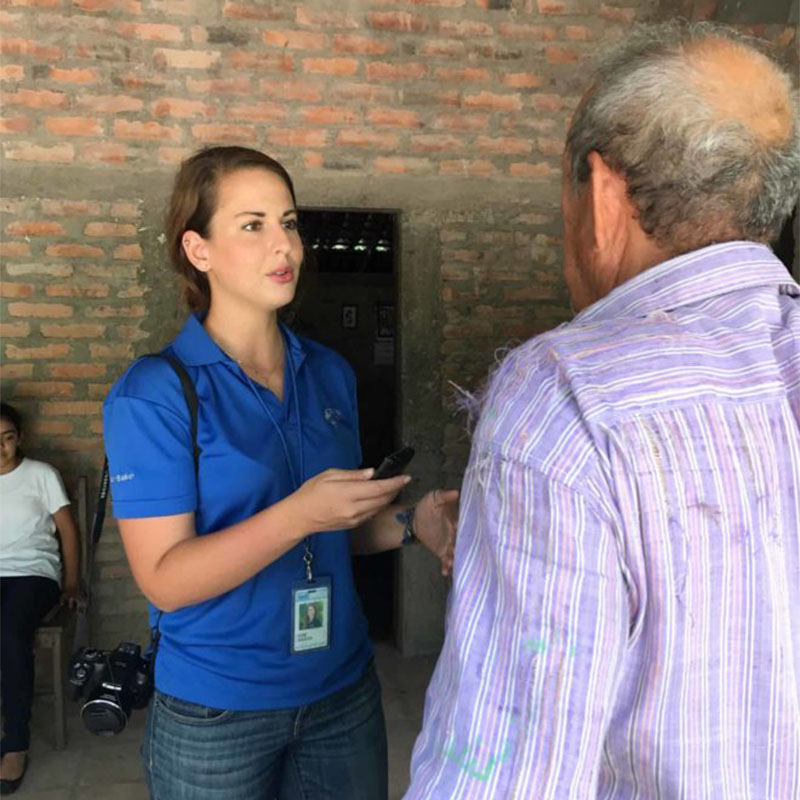
Research Opportunities
Interested in collaborating in Squads Abroad or Global Brigades research, monitoring, and evaluation efforts? Learn more and submit a proposal by downloading our Research Guide.
Research plays and important role in evaluating our Holistic Model. Having volunteers partner with our local M&E teams to execute research projects can have a multitude of benefits. In addition to the learning opportunities that come with a squad, volunteer researchers also gain investigative and analytical skills. Their findings in-turn can inform programming decisions and give new insights into the development of partner communities.
Findings from Research Partnerships
Executive Summary on Reusable Menstrual Pad Program
Olivia Randall-Kosich, University of Central Florida, 2019
An investigation into interested and perception of reusable menstrual pads for women and girls in rural Central American communities. A pilot study was completed in El Zuruzlar, Honduras, where follow-up surveys indicated the potential feasibility of establishing a larger scale program.
Of Maximizing the Efficacy of Resources to Fulfill the Duties of the Universal Right to Health Care Demands
Nahrain Putris & Morgan Farrah, Oakland University, 2017
A comparative study of healthcare as a human right, and the quality of care as perceived by patients in a community clinic in the USA and a Global Brigades clinic in a partner community in rural Nicaragua.
The Use of Mobile Information and Communication Technologies for Community Health Development in Low- and Middle-Income Countries
Aashika Nagarajan, Brandeis University, 2017
An investigation of the potential of mobile health, in particular its potential to be integrated into Global Brigades programming, to address healthcare challenges and needs in rural Honduran communities. *Published in Brandeis University Library Archives (Thesis)
Implementation of a Global Humanitarian Outreach
Dr. Victoria Carlson-Oehlers, Dr. Patrick J. Jung & Dr. Bernard A. Cohen, Milwaukee School of Engineering, 2017
A study of the idea that collaborating with non-governmental organization, universities can provide opportunities for students to apply their technical and medical education to a variety of humanitarian challenges.
A Public Health Approach to Combatting Common Medical Diagnoses in Nicaragua Through Collaboration with Global Brigades
Laura Brennan, Santa Clara University, 2018
A study to systematically review the research on intestinal parasitic infection interventions to explore the potential to reduce infections for low income school children in rural Nicaragua, which are a leading cause of health disparity in communities reached by Global Brigades.
Environmental Health Risks and Community Development: Perceptions, Contributions, and Solutions in Cerro Bonito, Honduras
Nicole J. Rock, Arizona State University, 2018
This study aims to identify and understand the elements contributing to the environmental health issues of Cerro Bonito, Honduras. Utilizing the concept of social value and local capacity building, and applying it to environmental health proposes an alternative way of approaching technology design and implementation in rural communities.
For more information about impact, research projects, monitoring and evaluation, visit our parent organization Global Brigades’ website.
